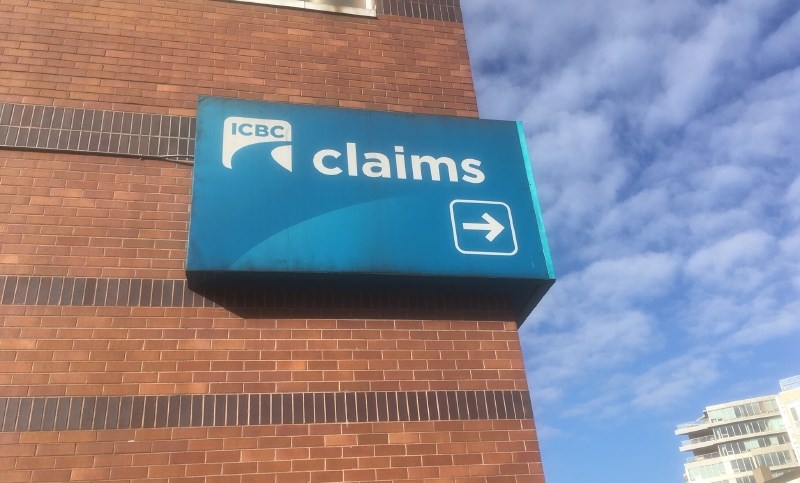B.C.’s attorney general is readying legislation to ban governments from raiding the Insurance Corp. of B.C. for profits — assuming the cash-strapped Crown corporation becomes profitable again.
David Eby said he hopes to pass a law in the spring legislative session, making it harder for the government to raid ICBC’s “excess optional capital” fund.
“We can make it clear to British Columbia that not only is government not taking money out of ICBC, but governments shouldn’t take money out of ICBC. It should go back to drivers,” Eby said in an interview Monday. “And a law seems like a good way to do that.”
Any future surplus, said Eby, should go toward lowering insurance rates, not general provincial revenue.
The previous Liberal government took more than $1.2 billion in profits from ICBC between 2010 and 2016 to pay for other services in the provincial budget.
During those years, ICBC had profits. But in 2017, it began hemorrhaging money due to rising claim costs and legal fees.
The NDP government has blamed the Liberals for using ICBC like a piggy bank and ignoring financial warnings that ultimately led to ICBC losing almost $2.5 billion in the past two years and nearing insolvency.
A future government could repeal the law with a vote in the legislature.
Opposition ICBC critic Jas Johal questioned whether the NDP will truly be able to forgo ICBC revenues when the government is struggling to hang on to a thin projected $179 million surplus.
“Given the NDP’s precarious financial situation at the moment, I’m kind of wondering if the A-G has actually spoken to the finance minister and premier before making such pronouncements,” said Johal.
Eby has tried to stabilize ICBC’s finances by setting a $5,500 cap on pain and suffering for minor injury claims, limiting the number of expert reports in court cases (which was recently ruled unconstitutional) and redesigning the risk rating system.
Eby confirmed comments he made on the This is Vancolour podcast, that B.C. will allow online renewals for basic auto insurance instead of having to visit insurance brokers for basic transactions. “My goal is we will have it in place as quickly as possible and ideally before the next election.”
ICBC pays private auto brokers an average eight per cent commission to help motorists sign up for or renew their vehicle insurance. The commissions amounted to $490 million last year, out of a total of $7.5 billion in claims, losses and expenses.
In the past, Eby has questioned whether the savings of online renewals would be worthwhile, given that ICBC will have to create an online system and many customers will still want or need in-person help.
We “really need to be saving in the neighbourhood of $100 million plus given the amount of effort,” he said. “And the online renewal piece is a significant question mark in terms of the actual delivery of savings.”
He said some other provinces and countries with public insurers offer a reduced commission to brokers for simple online renewals, reflecting that brokers would do less work.
The Insurance Brokers Association of B.C., which represents 900 outlets, said it has supported modernization for years. “One of the things that’s misunderstood about brokers is somehow we are going to miss the commission gravy train, as someone called it, if everything goes online,” said Chuck Byrne, executive director. “The reality is this takes a significant undertaking to bring about the kind of online capabilities that everybody imagines could just happen in the development of a website or app.
“We are very much aligned with what the minister has been saying as an overview and very much aligned with ICBC’s vision and plans for how this might roll out.”
One scenario would have auto brokers review each online transaction for accuracy, and then deliver customers their required licence plate decals, said Byrne.



